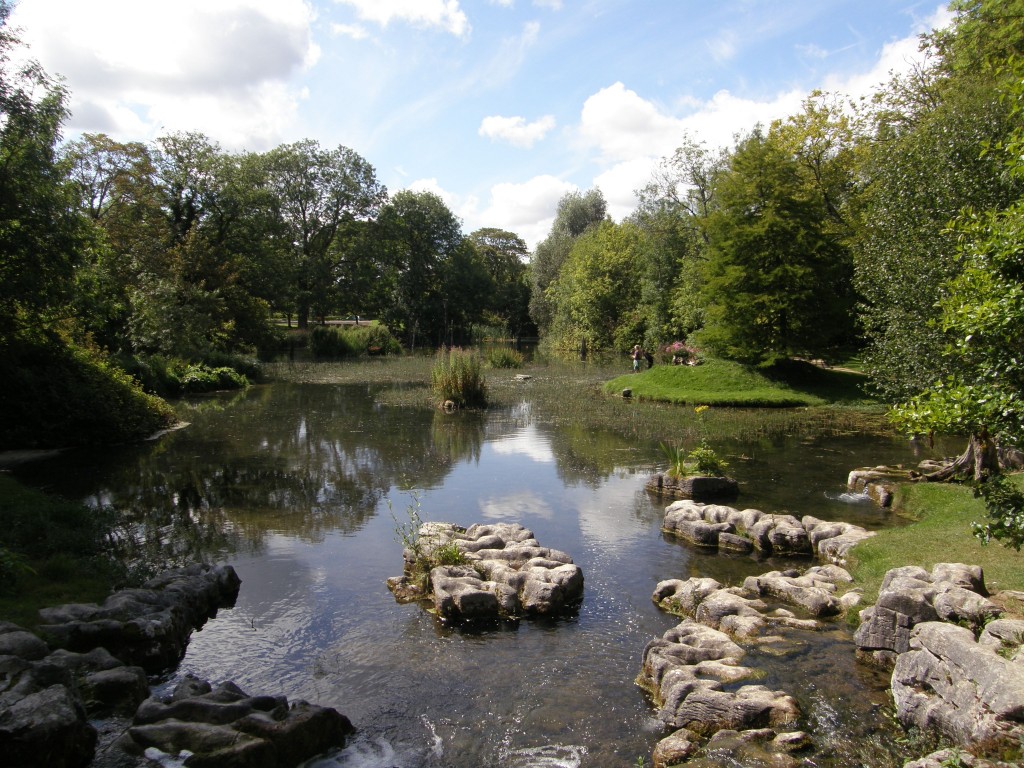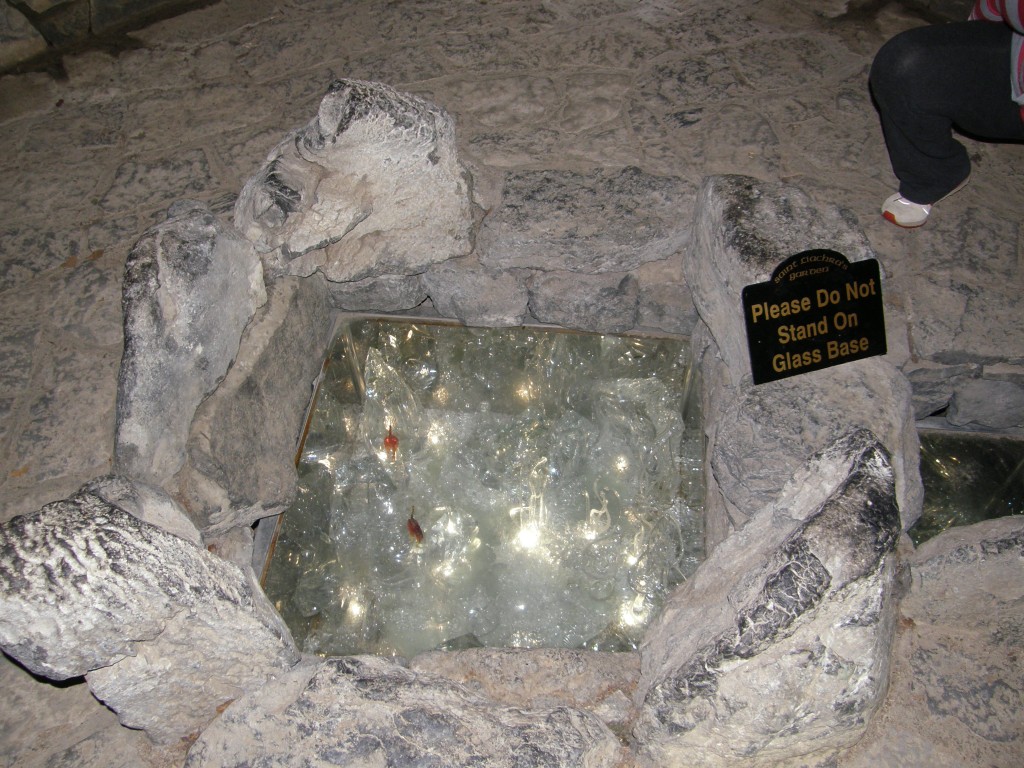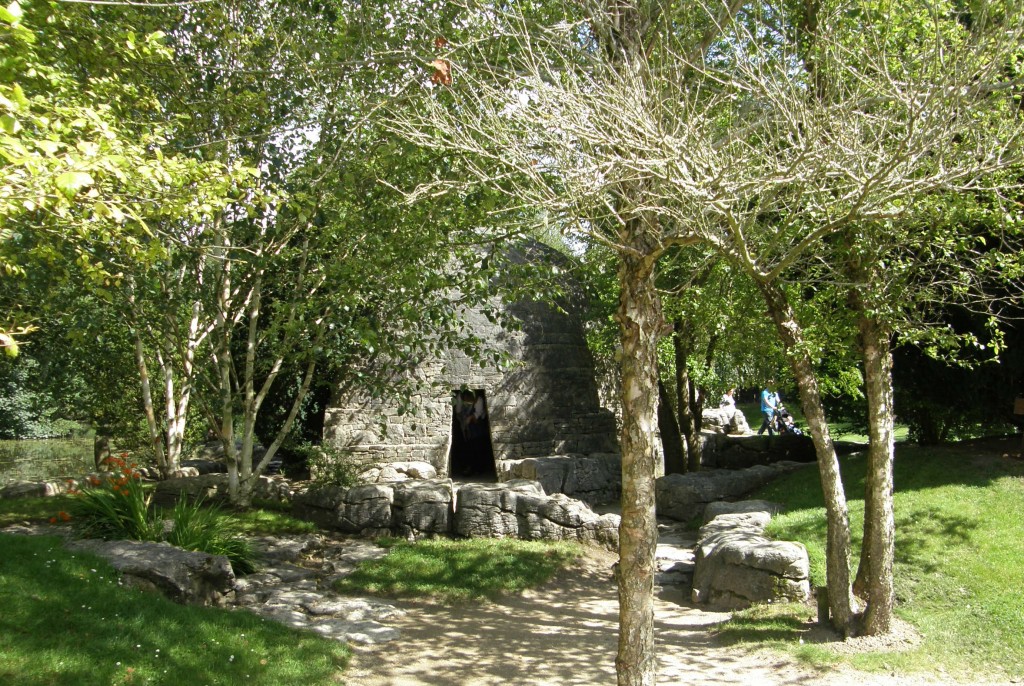I wear a mask at night when I sleep … it is connected to an air pump called a “CPAP machine”. CPAP stands for “continuous positive air pressure.” The members of my congregation may remember that I used my CPAP machine as a sermon illustration on Christmas Eve. (That sermon may be found online here.)
This machine is supposed to keep me breathing by preventing the collapse of my airway during sleep; it also prevents snoring….
Out of curiosity, I went looking to see if there might be a particular saint one would invoke with regard to snoring. St. Blaise is invoked with regard to illnesses of the throat including coughs, but I’m not sure that would include the airway. Prayers to St. Winnoc supposedly also can cure coughs, and also Sts. Walburga and Quentin. St. Bernardine of Siena has jurisdiction over the lungs and respiratory problems; St. Casimir of Poland, who died of some lung disease, is also invoked for cure of these. But no saint seems to have been given particular responsibility for snoring itself as a separate matter.
You’d think there would be a “patron saint of snoring”! After all, snoring has been around a long-time, probably longer than human beings. (Many animals snore – my dog snores up storm!) Consider the Reeve’s Tale from Chaucer’s Canterbury Tales in which a husband and wife are described as snoring together:
This meller hath so wysely bybbed ale,
That as an hors he snortith in his sleep,
Ne of his tail behind took he no keep.
His wyf bar him a burdoun a ful strong,
Men might her rowtyng heeren a forlong;
The wenche routeth eek, par companye.
Alleyn the clerk, that herd this melody,
He pokyd John and seyde, ‘Slepistow?
Herdistow ever silk a sang er now?’[Modern English translation:
This miller had so roundly bibbed his ale
That, like a horse, he snorted in his sleep,
While of his tail behind he kept no keep.
His wife joined in his chorus, and so strong,
Men might have heard her snores a full furlong;
And the girl snored, as well, for company.
Alain the clerk, who heard this melody,
He poked at John and said: “Asleep? But how?
Did you hear ever such a song ere now?”]
Chaucer’s duet notwithstanding, it is a particularly important thing for a married person not to snore! One’s spouse (unless he or she joins in like the miller’s wife) tends to lose sleep because of one’s snoring and this can make him/her cranky. According to Peter Beresford Ellis in A Brief History of the Celts, writing about the Brehon Laws of ancient Ireland: “One reason a woman could divorce in Irish law was if her husband snored.”
Although I doubt it is codified anywhere, snoring still seems to be a cause and grounds for divorce. One writer on sleep disorders asserts that it is a major cause of marital dissolution: “Snoring is the number one medical cause for divorce. Snoring is cited as the third most frequent cause of divorce between couples following only financial problems and infidelity.”
Monks are often depicted in literature as snorers. There is a famous Buddhist story of enlightenment called “the tale of the snoring monk.” It is said that before he was killed (accidentally or purposely is unknown and the subject of historical debate) by being shot with an arrow during a hunt, William II of England received a letter from the Abbot of Gloucester warning him that one of the friars had had a prophetic dream of the king’s demise. The king read the letter just prior to the hunt, but burst out laughing, refusing to believe in what he called “the dreams of snoring monks.”
I wonder if the early eremitic monks of Ireland sought solitude in their beehive cells not so much because of a desire to pray in privacy as to get away from someone else’s snoring? There’s no record of that reason, that I know of, but there were plenty of monks who went away to be alone.
One of them was St. Fiachra, the patron saint of gardeners. (He’s also invoked in prayer for the cure of venereal diseases. Supposedly this is because of his reputed aversion to women, as well as his skills with medicinal herbs, but I’ve found no further justification for his link to venereal disease.)
Here in Ireland, on the grounds of the Irish National Stud (a thoroughbred horse breeding facility in Kildare owned by the Irish Government) one finds St. Fiachra’s Garden (the saint is also known by the French spelling of his name “Fiacre”). It is a rather wild and unkempt garden which includes a lake, a modern recreation of a beehive cell (in which there is an in-ground crystal sculpture created by Waterford Crystal), and a statue of St. Fiachra contemplating a seed. My daughter Caitlin, her friend Jeff, and I recently visited St. Fiachra’s Garden.
St. Fiachra is not mentioned in earlier Irish calendars, but it is said that he was one of the Celtic church saints, born in Ireland early in the 7th Century. Initially, he lived his monk’s life in a hermitage in County Kilkenny, but his fame has an herbalist and healer led to his being sought out be too many people. he went France in quest of greater solitude in which to devote himself to God without the distractions of the world.
In Meaux, Bishop Faro gave him a solitary dwelling in a forest which was his personal property. According to legend the bishop offered him as much land as he could turn up in a day and St. Fiachra, instead of driving his furrow with a plough, turned the top of the soil with the point of his staff. The legend goes on to say that a local woman complained that he was digging too quickly and so, in anger, he decreed that no woman could enter the enclosure of his hermitage, and he extended this prohibition even to his chapel. Apparently this prohibition continued after this death, as there is a story that in 1620 a lady of Paris, who claimed to be above this rule, going into the oratory lost her mind upon the spot and never recovered her senses!
Fiachra cleared the ground of trees and briers, made himself a cell with a garden, built an oratory in honor of the Virgin Mary, and made a hospice for travelers which has developed into the village of Saint-Fiacre in Seine-et-Marne. It is said that any resorted to him for advice and for relief from diseases. His hagiography records that his charity moved him to attend cheerfully those that came to consult him; and in his hospice he entertained all comers, serving them with his own hands, and sometimes miraculously restored to health those that were sick.
I don’t know if Fiachra snored, nor if any snorer ever consulted him about the problem, but I’m quite sure that his ministrations must have been successful, else his fame would not have continued so long that he is still known to us. I’m also sure that prayer, in addition to application of medicaments (whether herbs or modern medicines), is an effective part of the healing process.
The Dánta Dé hymnal includes many songs and charms in which God’s healing power is invoked, including this short piece, an anonymous Christmas prayer which Ms. ní Ógáin tentatively dates to the 18th Century:
A sholus-Mhic fuair crochadh ar chrois an chrainn-chéasta,
Dár dtabhairt-ne ó dhochar-bhruid na bhfír-phéine,
Ós follas duit sinn-ne i mbochtaine ‘s i ndaor-ghéibhinn,
Ó fortaigh sinn ‘san Nodlaig-se le Do chaoin-daonnacht.A Dhéig-Mhic na Maighdine beannuighthe breágha,
Léighis-se ár dteinn-luit is cneasuigh ár gcneádha;
Tabhair deimhin-fhios is foighde dhúinn, cneas-dacht is grádha,
Le n-a ragham ar Do thealghach go flaitheas na ngrásta.
This translation is Ms. ní Ógáin’s:
O radiant Son, Who wast crucified on the Cross of the Rood,
To bring us from the hard oppression of true pain,
Since our poverty and bondage are clear of Thee,
Comfort us this Christmas with They gentle humanity.O Good Son of the Maiden blesséd and beauteous,
Heal our sore hurts and close our wounds;
Give sure knowledge and patience to us, honesty and love,
Whereby to come to Thy home-hearth, to Heaven of the graces.
St. Fiachra, by the way, is also the patron saint of cab-drivers, especially those of Paris. French cabs are called fiacres because the first business set up to let coaches on hire, in the middle of the seventeenth century, was established in Paris on the Rue Saint-Martin near to and possibly in connection with the Hôtel de Saint-Fiacre.
So the next time you have an issue with snoring, or with gardening, or with a taxi-cab (I’m hoping none of my readers will have any problems with venereal diseases!), consider invoking the intercession of St. Fiachra.







Lovely article, thanks!
I went for the blessing of the throat on the feast of St. Blaise because I had recently started snoring and I felt uncomfortable about it. I found it a bit cheesy but just acted on faith and went for it and joked about it with my friends after. But according to my roommate, I haven’t snored a single night since then!!